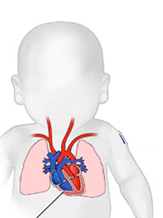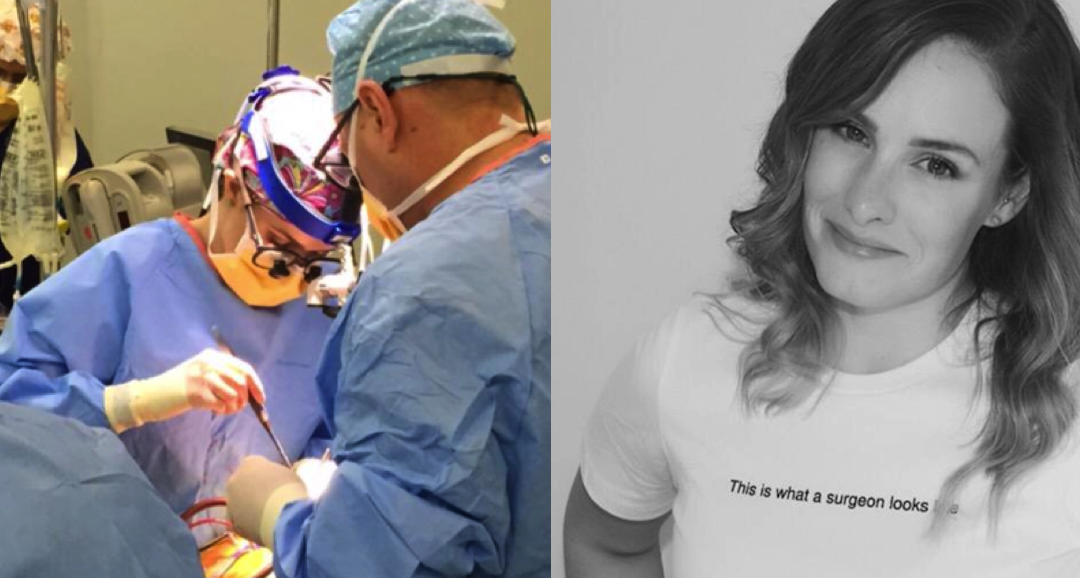Surgical management of neonatal congenital tricuspid valve anomaly

I undertook my MD Research Project with the Heart Centre for Children, at the Children’s Hospital at Westmead (CHW). My primary supervisor was Professor David Winlaw, a paediatric cardiac surgeon and Head of the Heart Centre. My research was a review of the neonatal surgical and peri-operative management of a condition called Ebstein anomaly, which is a congenital malformation of the tricuspid valve that presents only very rarely – but when it does in a neonate, it can be with absent forward pulmonary flow, and gross right heart dilation – a blue baby. Urgent prostaglandin stabilisation is usually required, until the fœtal circulation definitively transitions, or with surgical intervention. Our research was a review of the surgical procedures conducted (and of their outcomes), as a number of different strategies can be performed, many with quite high rates of failure. The appropriate surgical algorithm for management of these neonates has not yet been elucidated.
I liked working on this project – first of all, because it was something that interested me. The project could be very demanding of my time, with deadlines for abstract and manuscript submission, and a lot of quite foreign concepts to rapidly come up to speed with. The only way that it’s possible to effectively dedicate yourself to clinical research is if you have a good idea a) of why you like it, and b) how and why it is helping. I met many interesting health professionals during my project – statisticians, cardiac surgeons, paediatric cardiologists, nurse researchers, secretaries, and even the person with the keys to the CHW basement! And everyone was necessary. It was a particular reward to get to travel to the United States to present my research in front of the surgeons who had invented and named the surgical techniques I was comparing!
I don’t think it is necessary to have a surgical career focus to do surgical research – nor do I think that you should do surgical research purely to gain surgical experience (e.g. I didn’t once step inside a theatre for the purpose of my research). But I think it is a very useful area of research in which there is lots of potential for development and which has real implications for the future. Above all – it is fun to be an expert at something! After a lot of time being a med student with only a vague understanding of most things, it is very rewarding to feel you have a good grasp on a particular area. Good luck to anyone who is pursuing surgical research!
By Jack Luxford, Stage 3 Year 4 (2017)
